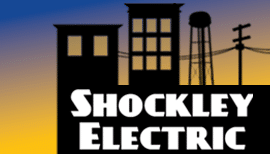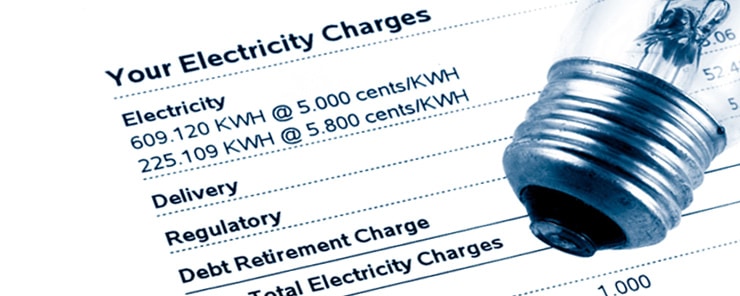This can be confusing. Some people don’t have to pay, some people pay a portion, and others pay the whole thing. At the end of the day, it all comes down to the lease. So where do you fall?
Traditional Tenants: If you rent a property or apartment, it’s more than likely you are in charge of all utility bills. This is the “default” billing method based on law. However, there are some exceptions. In some cases, the Landlord may prefer to charge a flat rate fee or utilities, keeping the bill in their name. While these both have pros and cons, it’s always best to look over your lease agreement.
Lodgers: Anyone who rents a room, or basement from a home that is also occupied by your landlord, is a lodger. This is NOT to be confused with sublets. Subletting occurs when a third party temporarily rents your dwelling in place of you. Lodgers can sublet, but they are responsible for the subletting party.
Be sure to speak with your landlord and inspect your lease. More often than not, you will be required to pay a flat rate added on to your rent.
Contractual Provisions: In some situations, a Landlord may choose to charge a flat rate for utilities, and keep them in their name. If this is clearly stated in the contract, it supersedes state laws. Why a Landlord will do this depends on their certain situation, and is often innocent. However, be sure to check with the local utility provider before signing anyway. If the difference in cost is negligible, than this could work out great for you, but if the difference is high, then you should look elsewhere.
All this being said, Landlords are not without responsibility. They are responsible for providing a safe and habitable condition for tenants. This means fixing faulty sockets, appliance (at least what was provided) upkeep, and any wiring/plumbing needs. It is, after all, their property.
With that being said, if you are you a Landlord in need of electrical maintenance, done by a licensed professional, consider experts at Shockley Electric.

